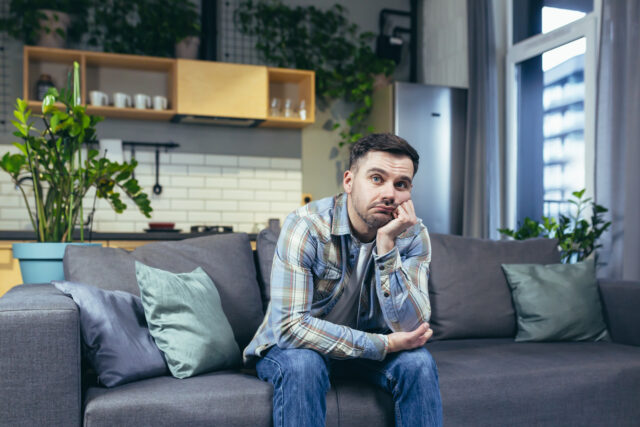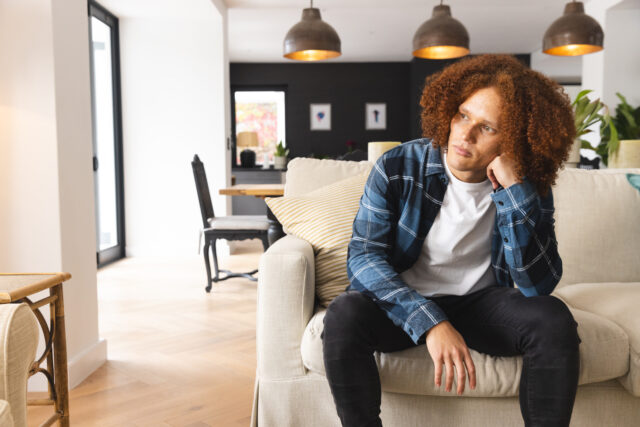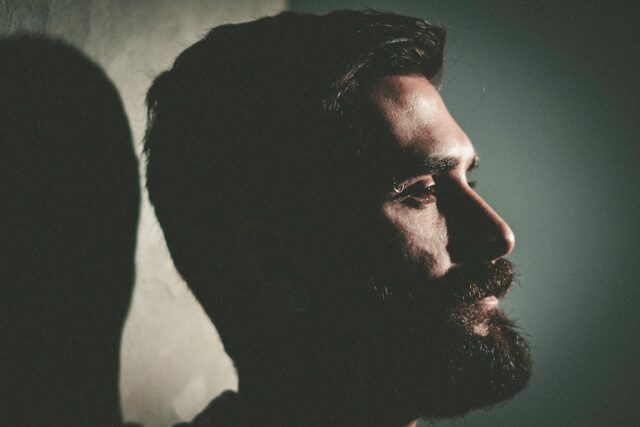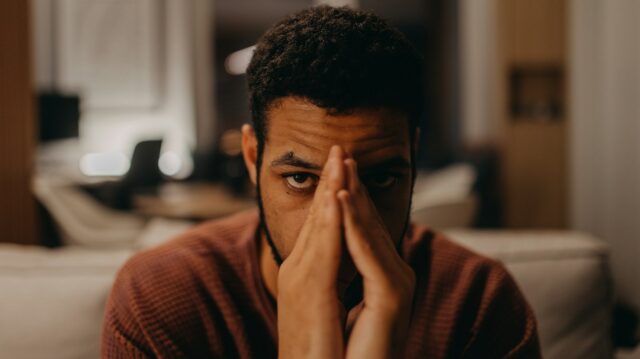Social anxiety and shyness are not the same thing.

They might look similar on the surface, but they’re two distinct experiences with different causes, symptoms, and impacts. Shyness is a common personality trait that many people learn to work with, but social anxiety is a mental health condition that can seriously interfere with your life. It’s important to understand the differences so you can get the right kind of support.
1. Shyness is a personality trait; social anxiety is a disorder.

Being shy means you tend to feel awkward or timid in social situations, but you can still push through and connect with people. Social anxiety, on the other hand, is an intense, persistent fear of being judged or humiliated in social interactions. It’s not just a quirk — it’s a diagnosable condition that can cause significant distress and impairment. Shyness is a normal variation in human temperament, but social anxiety is a mental health issue that often requires professional treatment.
2. Shy people warm up over time; socially anxious people often get more fearful.

Shy people might feel nervous when meeting new people or entering unfamiliar situations, but they typically relax and open up as they get more comfortable. Socially anxious people, however, often find that their anxiety intensifies the longer they’re in a stressful social situation. Even if nothing objectively embarrassing happens, their fear and self-consciousness tend to build and build until they feel overwhelmed and need to escape. Shyness fades with familiarity; social anxiety can feel inescapable.
3. Shyness doesn’t usually interfere with daily functioning; social anxiety can be crippling.

Shy people might prefer low-key social activities or need more alone time to recharge, but they can still go to work, attend classes, run errands, and maintain relationships. Social anxiety, however, can make even basic interactions feel excruciating. The fear of being judged or making a fool of yourself is so intense that you might start avoiding necessary activities like job interviews, dental appointments, or family gatherings. Untreated social anxiety can shrink your world and limit your potential.
4. Shy people don’t necessarily ruminate on past social interactions; socially anxious people often obsess.

After a party or a meeting, a shy person might cringe at an awkward moment or two, but they can usually shake it off and move on. Socially anxious people, however, tend to mentally replay every interaction in excruciating detail, beating themselves up for every perceived faux pas or imagined slight. They’ll lie awake at night obsessing over a comment they made or a joke that fell flat, convinced that everyone thinks they’re a loser. The social aftermath is often as stressful as the event itself.
5. Shyness doesn’t come with a lot of physical symptoms; social anxiety often does.

Shy people might feel butterflies in their stomach before a big presentation or a first date, but the feeling usually passes once they get going. Socially anxious people, however, often experience intense physical symptoms like sweating, shaking, blushing, racing heart, nausea, and even panic attacks. These physical reactions can be so distressing and embarrassing that they fuel even more anxiety, creating a vicious cycle. The body’s fight-or-flight response gets stuck in overdrive, even when there’s no real threat.
6. Shy people don’t beat themselves up for being shy; socially anxious people often feel ashamed.

Shy people might sometimes wish they were more outgoing, but they generally accept their shyness as a part of who they are. Socially anxious people, however, often feel deeply ashamed and inadequate because of their anxiety. They might see themselves as weak, weird, or defective for struggling in situations that others seem to navigate with ease. This self-blame and negative self-image can lead to depression, loneliness, and a sense of hopelessness.
7. Shy people can usually be drawn out by the right person or activity; socially anxious people may still feel on guard.
 Source: Unsplash
Source: Unsplash Even the shyest person has a few trusted friends or loved ones they feel comfortable around. With the right person or activity, they can relax, let down their guard, and really be themselves. Socially anxious people, however, may still feel anxious and self-conscious even with people they know well. Their fear of judgment and rejection can be so deeply ingrained that it colours all their interactions, making it hard to ever fully relax and connect.
8. Shy people might avoid the spotlight, but they don’t fear it; socially anxious people are terrified of being the centre of attention.
 Source: Unsplash
Source: Unsplash Shy people might prefer to fly under the radar in group situations, but they can step up and take the lead when needed. They might even enjoy being in the spotlight occasionally, like giving a presentation on a topic they’re passionate about. Socially anxious people, on the other hand, often have a deep-seated fear of being the centre of attention. The idea of all eyes being on them is paralysingly frightening, no matter how well-prepared or knowledgeable they are.
9. Shyness doesn’t typically involve a lot of safety behaviours; social anxiety often does.
 Source: Unsplash
Source: Unsplash Shy people might take a little while to warm up in social situations, but they generally don’t resort to a lot of elaborate rituals to manage their discomfort. Socially anxious people, however, often rely on safety behaviours to get through anxiety-provoking situations. They might rehearse conversations in advance, use alcohol or drugs to numb their nerves, or always position themselves near an exit for a quick getaway. These coping strategies might provide temporary relief, but often end up reinforcing the anxiety.
10. Shy people can usually navigate social situations on their own; socially anxious people often need professional help.
 Source: Unsplash
Source: Unsplash Most shy people figure out ways to work with their personality and build satisfying social lives. They might gravitate toward one-on-one interactions, find a niche where they feel comfortable, or use online communication to connect. Socially anxious people, however, often need professional support to overcome their fears and build social confidence. Cognitive-behavioural therapy (CBT), exposure therapy, and sometimes medication can be game-changers. There’s no shame in seeking help — it’s a sign of strength and self-care.




